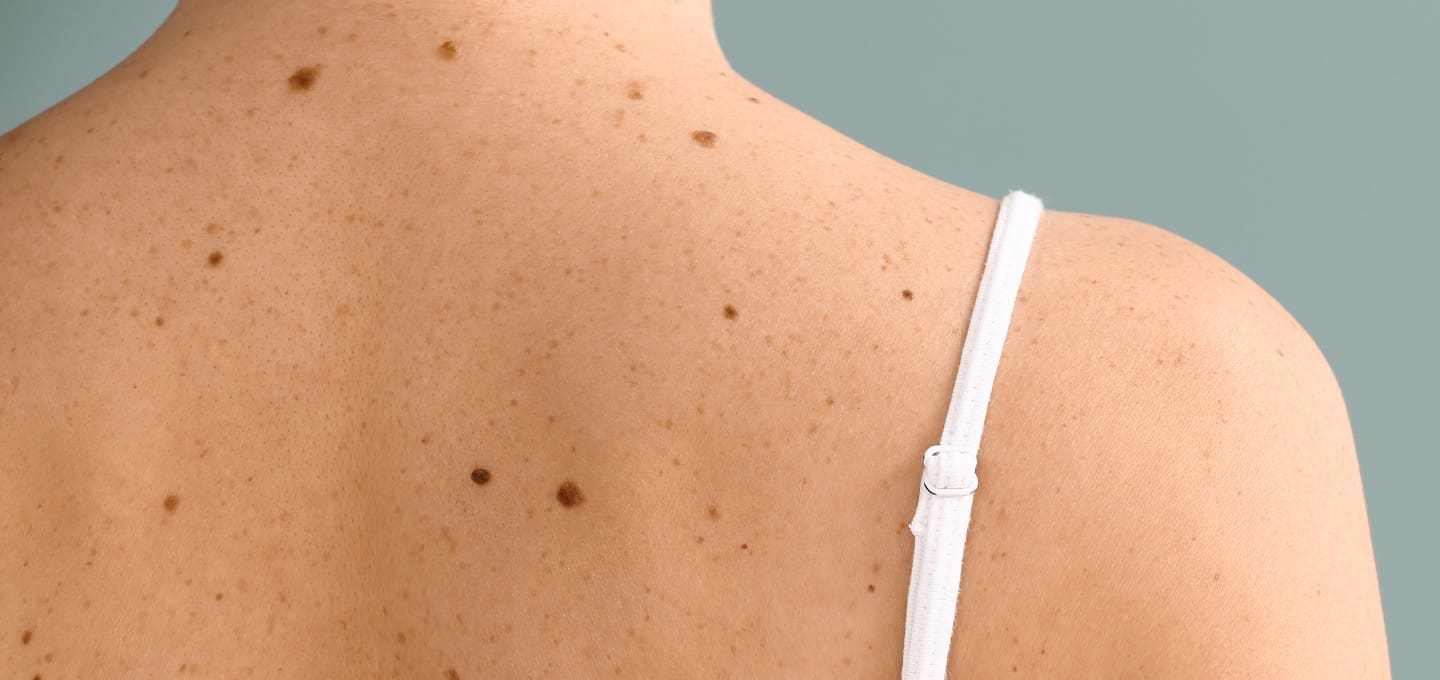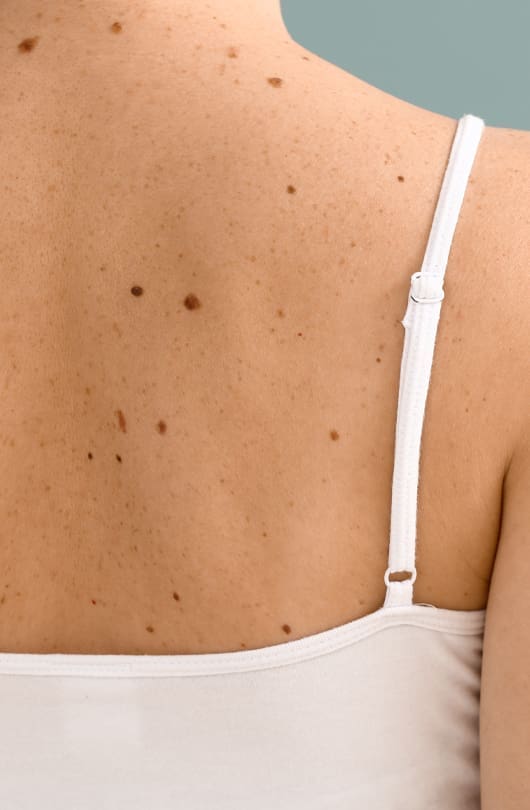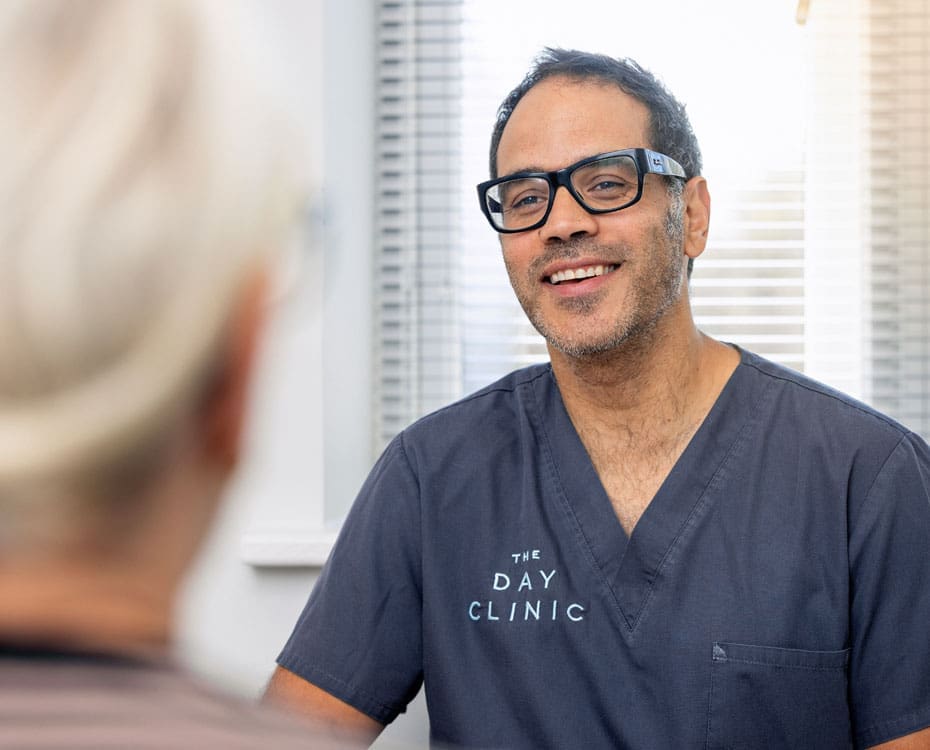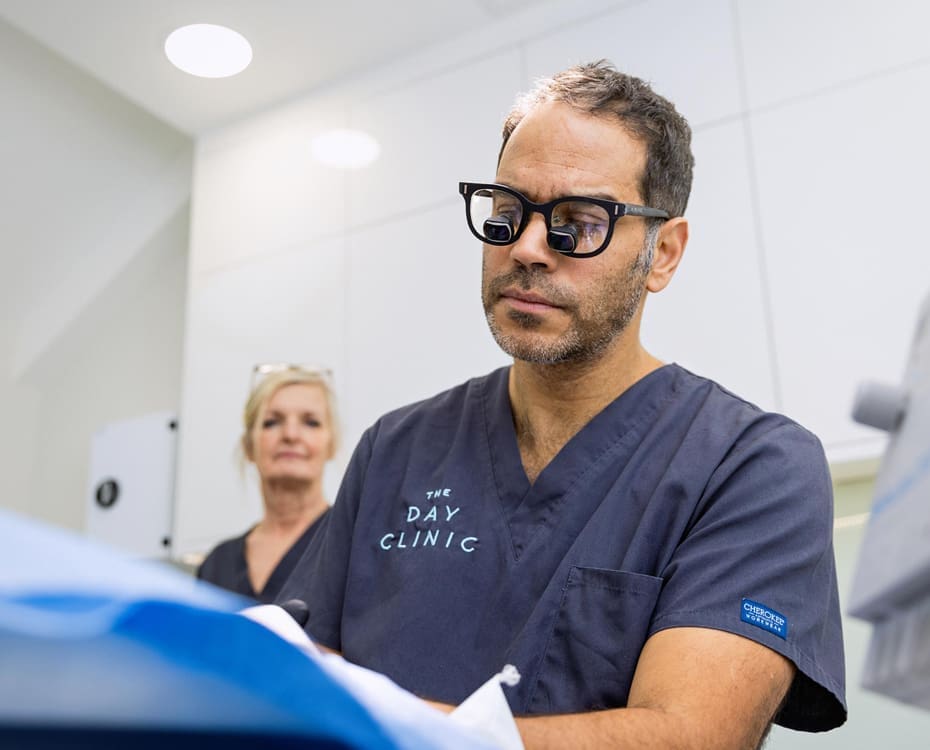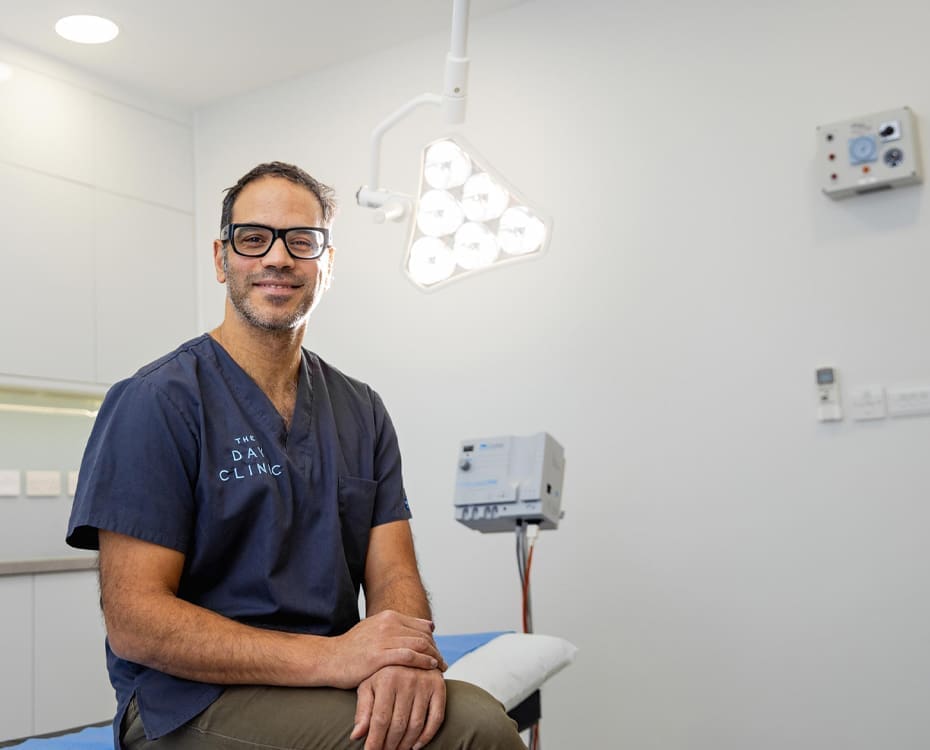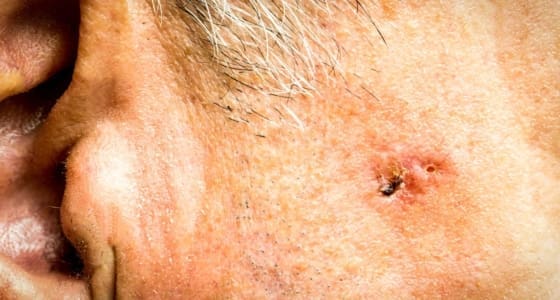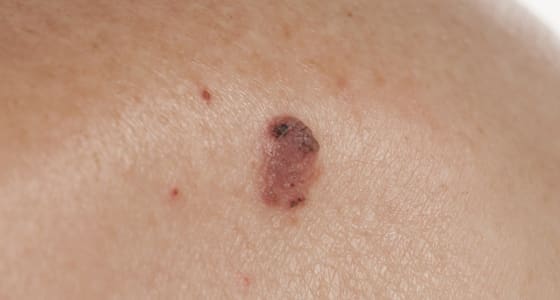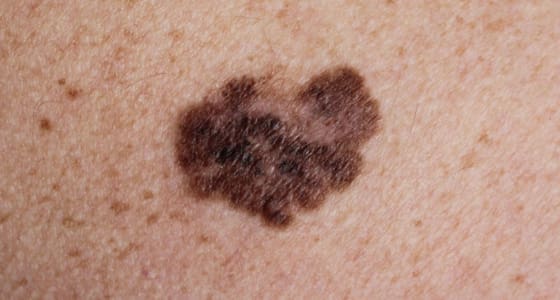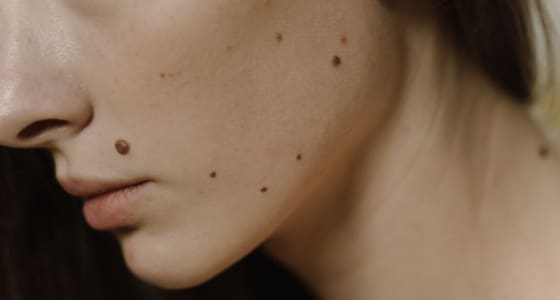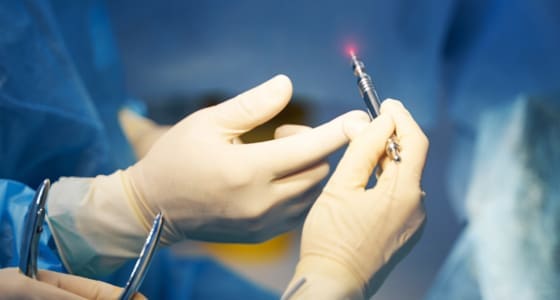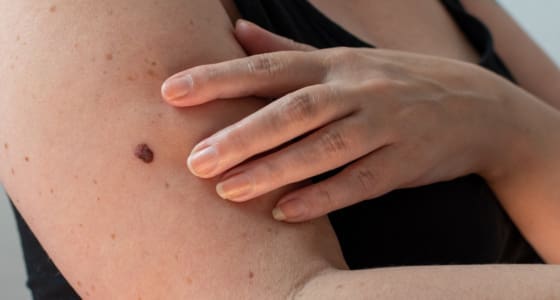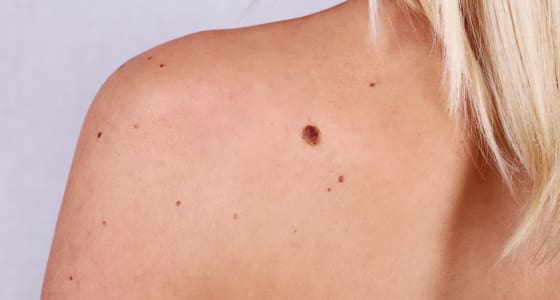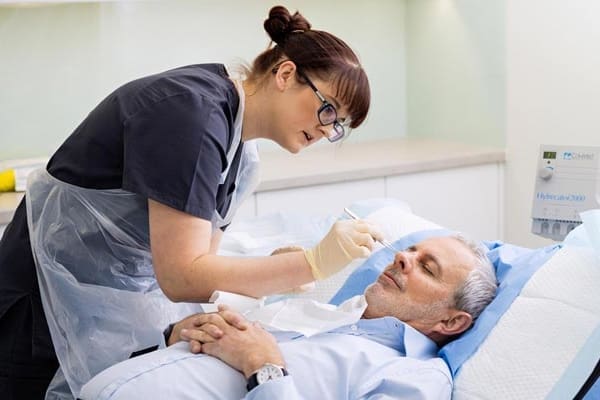Like any surgical procedure, surgical excision carries some risks and potential complications, such as infection, bleeding, scarring, or changes in sensation. If surgical excision is the appropriate treatment for you, the procedure and possible risks and side effects will be thoroughly discussed with you by our experts at The Day Clinic.
Infection
Any surgical procedure carries a risk of infection. Warning signs may include increased pain, redness, swelling, warmth or discharge from the wound. Most infections will present themselves around 9 days after a procedure and the treatment is usually a one week course of oral antibiotics. Should you have any concerns about the presence of infection we will be available to see and advise you accordingly.
Bleeding
Bleeding may occur during or after the removal procedure. In rare cases, excessive bleeding may require medical attention.
Scarring
Following any form of surgery there will be a scar. The extent of scarring can vary, and is dependent on your particular case and how you heal. We will do all we can to minimise the appearance of any unavoidable scarring.
Nerve Damage
In rare cases, if the lesion is particularly large or deep, surgical removal procedures may damage nearby nerves. This could lead to temporary or permanent numbness or altered sensation in the area.
Recurrence
With certain types of skin lesion there is a small risk of it coming back, also known as recurrence. If your surgery involved removal of a skin cancer we will advise an annual skin check with a skin expert to look for early signs of recurrence or other skin cancers.
